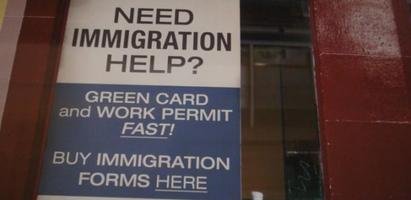On April 18, 2016, the U.S. Supreme Court heard oral arguments in the case of United States v. Texas, the challenge to President Obama’s DAPA and DACA expansion programs.
It is estimated that, if approved, the Deferred Action for Parental Accountability (DAPA program) would grant work authorization to over 4 million undocumented parents of the US citizen children, and the expanded Deferred Action for Childhood Arrivals (DACA program) would grant work permits to millions of undocumented persons who entered the United States as children. Original DACA is still in place.
The State of Texas has argued that it has “standing” to bring the lawsuit because the DAPA and DACA programs would increase the number of applicants for drivers licenses in Texas. At least 4 of the Justices (Ginsberg, Sotomayor, Kagan and Breyer) seem inclined to rule that this is not a sufficient ground to grant the state standing to sue in court to halt the federal programs.
During the oral arguments, it appeared that the U.S. Supreme Court eight Justices split 4-4 on this case.
If the vote comes to 4-4, the injunction will sta, and the DAPA and expanded DACA programs will not become the law.
If a single Justice (Roberts, Kennedy, Alito and/or Thomas) joins the other four Justices who appear ready to dismiss the lawsuit and overrule the injunction, the government will be permitted to implement both programs DAPA and expanded DACA). A decision by the Supreme Court is expected in June 2016.








 RSS Feed
RSS Feed